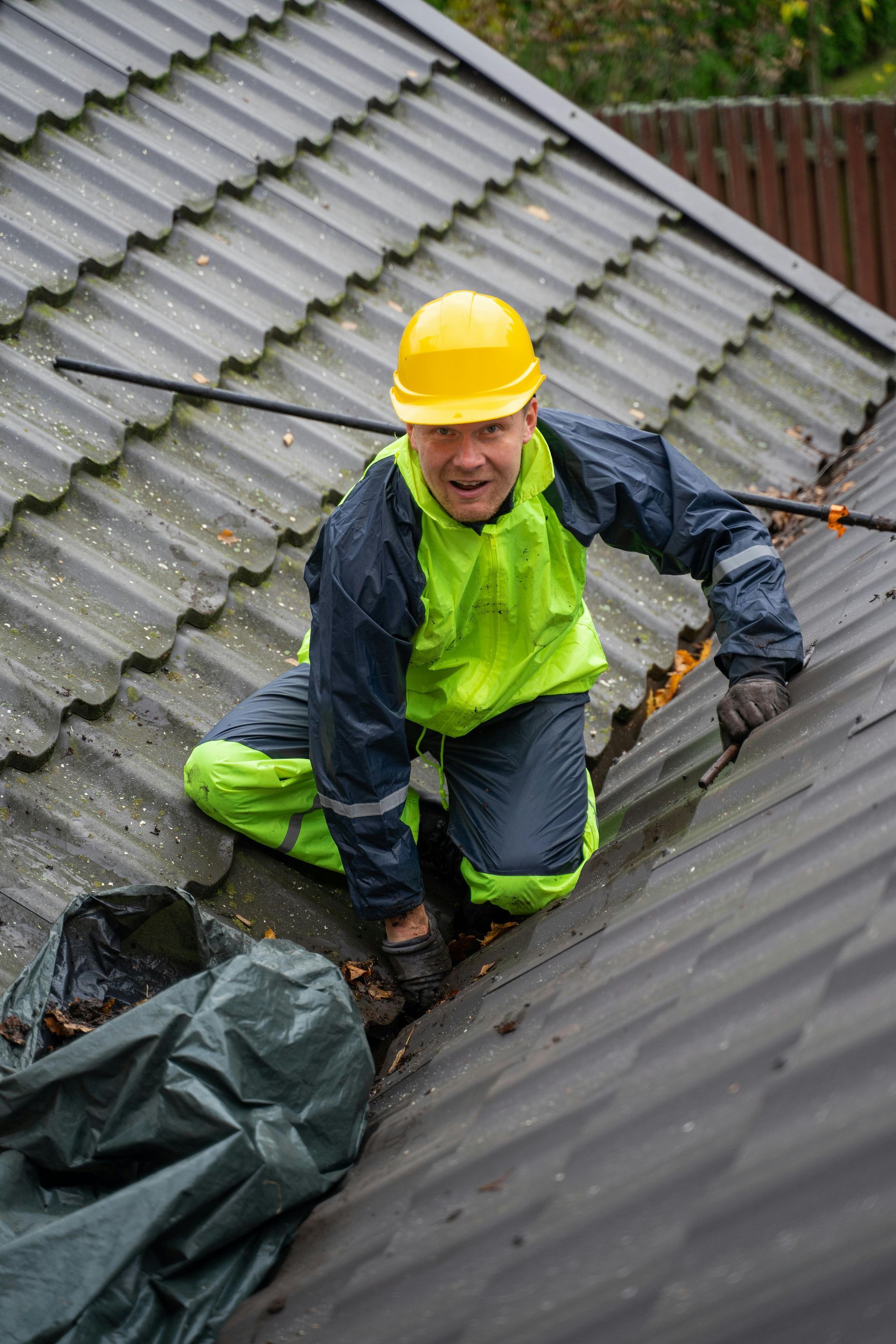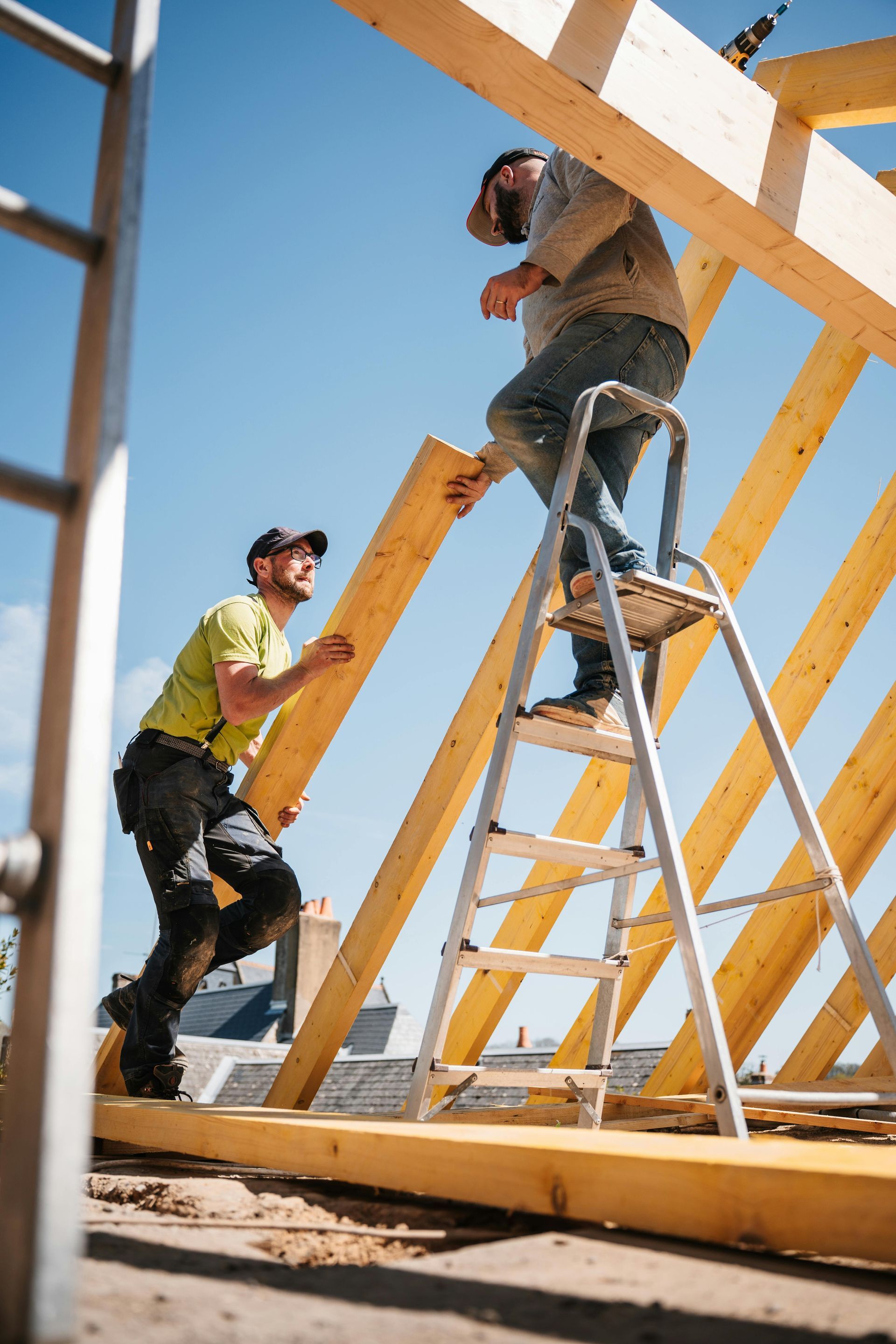5 Critical Questions to Ask Before Hiring a Roofing Contractor
5 Critical Questions to Ask Before Hiring a Roofing Contractor in the San Marcos Area
Your roof is the single most important component protecting your home and family from the elements. So, when it's time for a repair or replacement, choosing the right contractor is a major decision. The San Marcos area has its share of skilled professionals, but it also attracts its share of "storm chasers" and unqualified crews after severe weather.
How can you tell the difference?
To protect your investment and ensure a quality job, you need to ask the right questions. At Graduate Contracting, we believe an informed homeowner is an empowered homeowner. Here are the five critical questions you should ask every potential roofing contractor before you sign a contract.
1. "Are you fully insured? Can you provide proof?"
This should always be your first question. A reputable contractor will carry two essential types of insurance, and they should be happy to prove it.
- General Liability Insurance: This protects your property. If an accident causes damage to your siding, windows, or landscaping during the project, this insurance covers it.
- Worker's Compensation Insurance: This protects you. Roofing is a dangerous job. If a worker is injured on your property and the contractor doesn't have worker's comp, you could be held liable for their medical bills.
The Right Answer: "Yes, absolutely. We can have our insurance provider send you a Certificate of Insurance (COI) directly. It will list your name and address, proving you are covered for the duration of your project."
2. "Are you a local company with a permanent office?"
After a big hailstorm, you’ll see an influx of trucks from out-of-town. These "storm chasers" might offer a cheap price, but they often perform shoddy work and are gone as soon as the next storm hits another state. If a problem arises with your roof a year later, they're nowhere to be found.
The Right Answer: "Yes, we are. Our office is located right here in the area. We are part of this community, and we have a long-standing reputation to protect. We’ll be here to stand behind our work for years to come."
3. "What kind of warranty do you offer on your workmanship?"
It's vital to understand the difference between a manufacturer's warranty (which covers defective materials) and a contractor's workmanship warranty. The vast majority of roof failures are due to installation errors, not faulty shingles. A contractor’s warranty is their promise to you that the job was done right.
The Right Answer: A confident contractor will offer a strong, long-term warranty in writing. A one or two-year warranty is the bare minimum. A superior contractor will offer much more. For example, at Graduate Contracting, we back all of our full roof replacements with a 10-year workmanship warranty.
4. "Will you provide a detailed, written estimate?"
A price scribbled on the back of a business card is a major red flag. A professional proposal is a sign of a professional company. It protects you from surprise costs and ensures everyone is on the same page.
The Right Answer: "Of course. We will provide you with a comprehensive, itemized proposal that clearly outlines the full scope of work, the specific materials we'll be using, tear-off and clean-up procedures, the payment schedule, and an estimated project timeline."
5. "Can you provide local references or show me examples of your work?"
Any contractor who is proud of their work will be eager to share it. Asking for references or a portfolio of completed projects allows you to verify their quality and track record in your community.
The Right Answer: "We'd be happy to. We can provide you with a list of recent projects we’ve completed in your neighborhood. You can also check our reviews online to see what our past customers have to say."
Choose a Partner You Can Trust
Choosing a roofer shouldn't be a stressful process. By asking these questions, you can confidently filter your options and find a reliable partner who will protect your home for decades.
At Graduate Contracting, we've built our business on professionalism, transparency, and a commitment to quality. We welcome these questions because we know we have the right answers.


